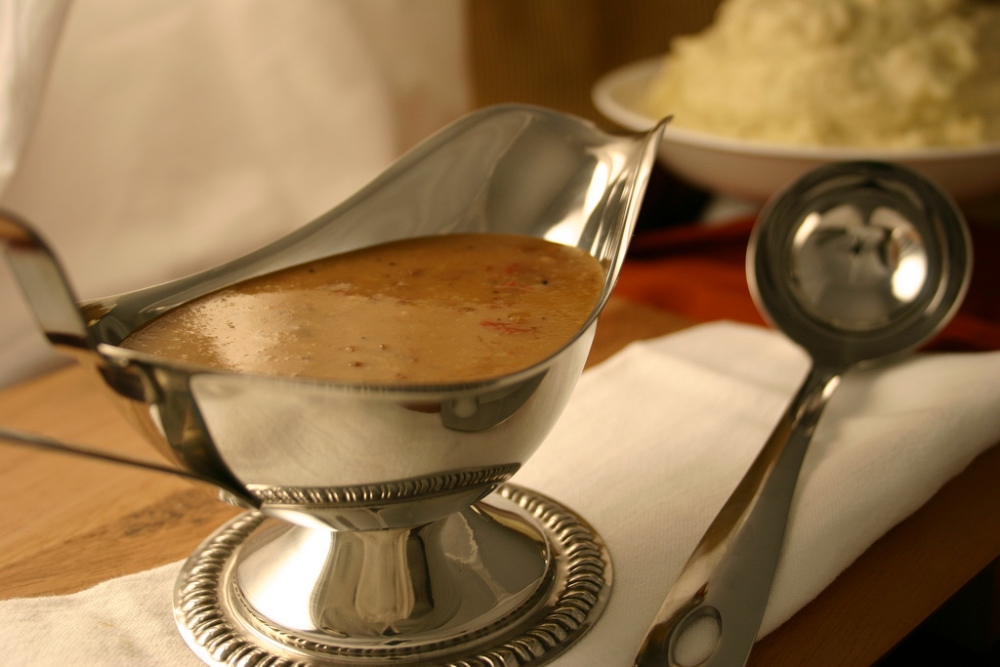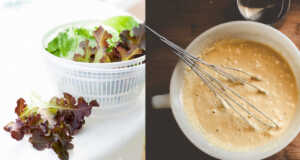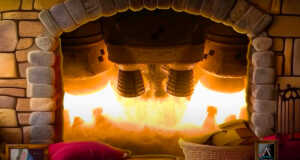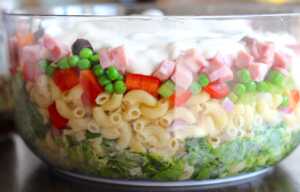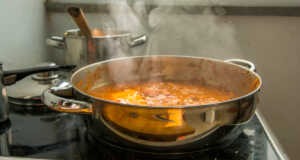When most of us get ready to make dinner, we probably aren’t thinking about how to make a complicated meal of French cuisine. That segment of European cooking is known for being complicated to source and make, as well as for having many courses. But, even if you’re making something much more down-to-earth the usage of French cooking terms can be very helpful in the kitchen. Because French cooking has been such a staple of professional cooks for centuries, many recipes will reference French words even if the recipe isn’t French (or fancy) at all. Here are 13 French cooking terms that every home cook should know.
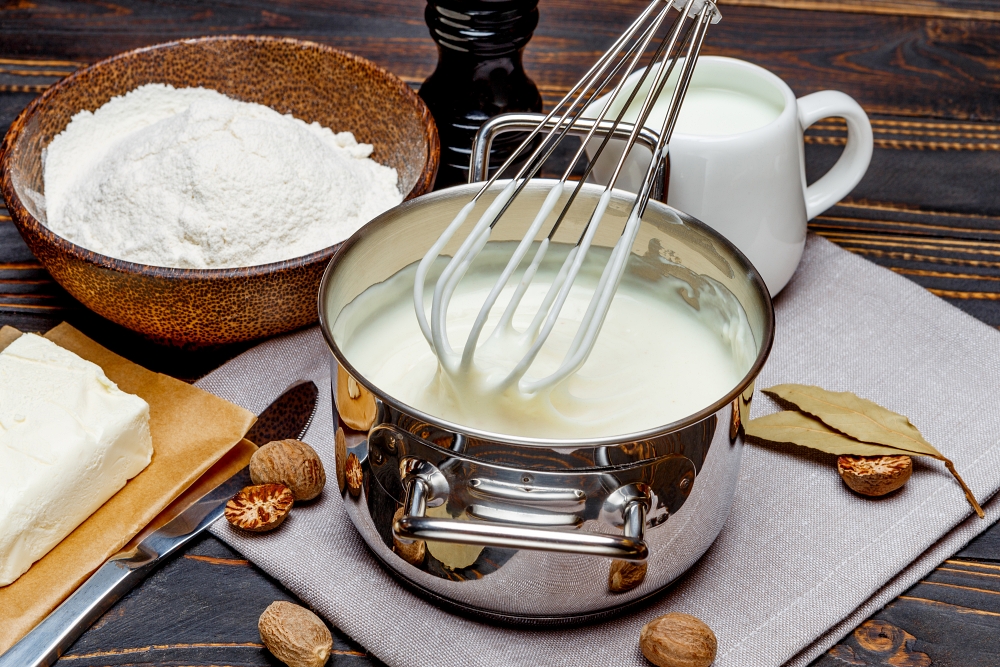
Au Jus
Au jus is a light sauce made from the meat drippings of a roasted cut of meat. This thin sauce unlike the thick gravy that is served at many tables. In the U.S. au jus is often served as part of a French dip sandwich but in other parts of the world many roasts are served this way. Au jus means “with juice”.
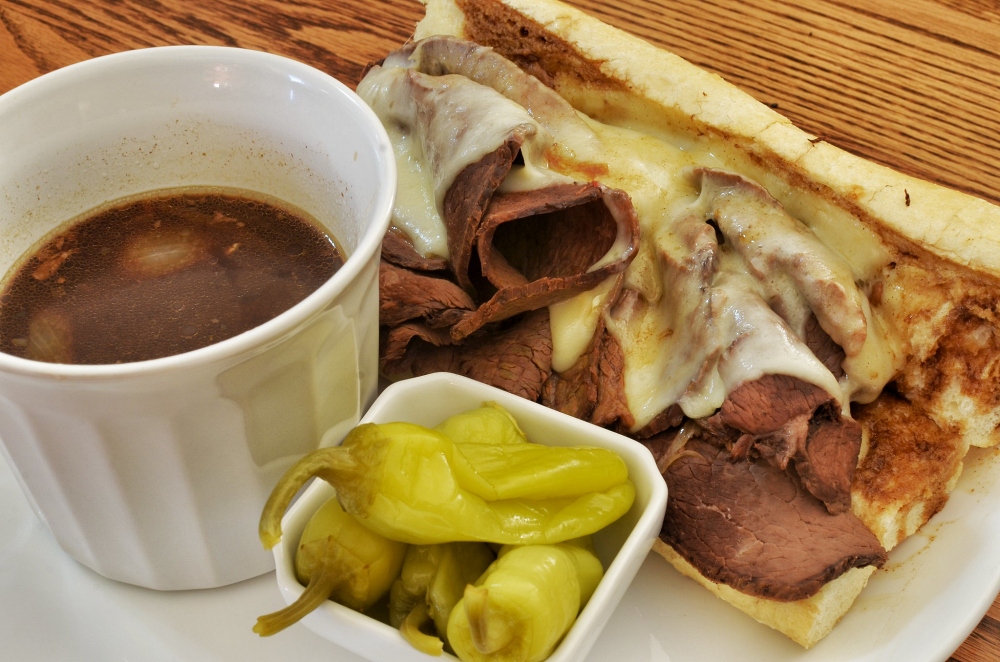
Bisque
A bisque is a rich soup made from cream, traditionally flavored with a purée of seafood, but vegetarian versions are now quite popular. Bisque is finer in texture than chowder, which often features larger chunks of meat and vegetables.
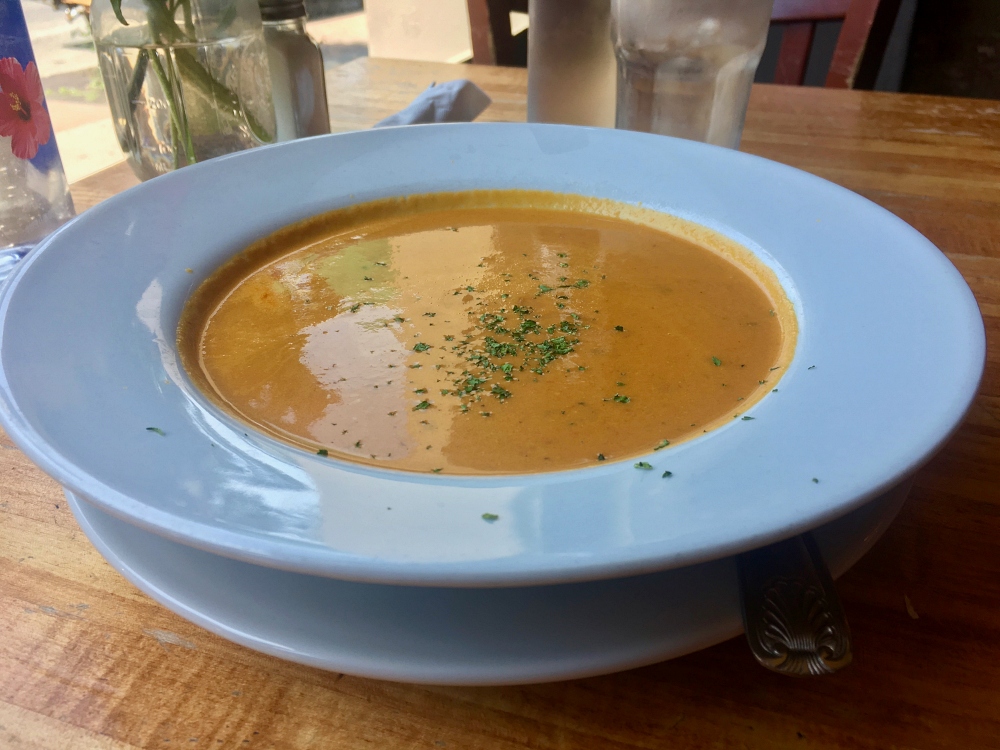
Bain-marie
A bain-marie is a method of cooking something in what amounts to a double boiler in the oven so that the dish to be cooked doesn’t dry out. Dishes that often use a bain-marie are mousses (both sweet and savory), cheesecakes, and puddings. Bain-marie cooking creates a steamy environment in the oven so that the recipe comes out moist and doesn’t crack on the top.
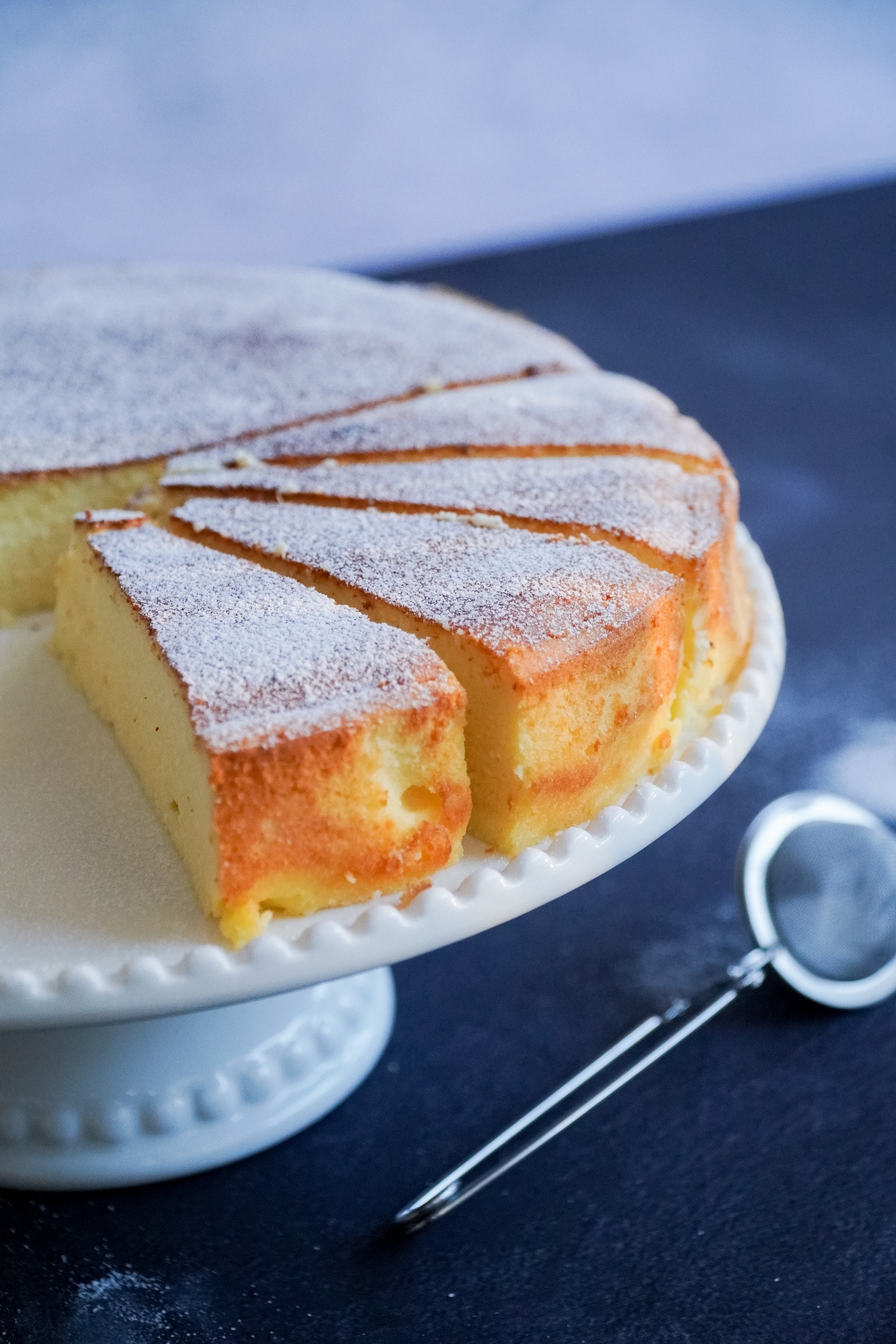
Béchamel
This rich sauce is made from a mixture of milk, flour, and butter which is then flavored with spices. Traditionally nutmeg was used and you’ll find many recipes for macaroni and cheese still call for a pinch of nutmeg to season the béchamel cheese sauce. This type of sauce is also commonly used on vegetables like cauliflower and broccoli.
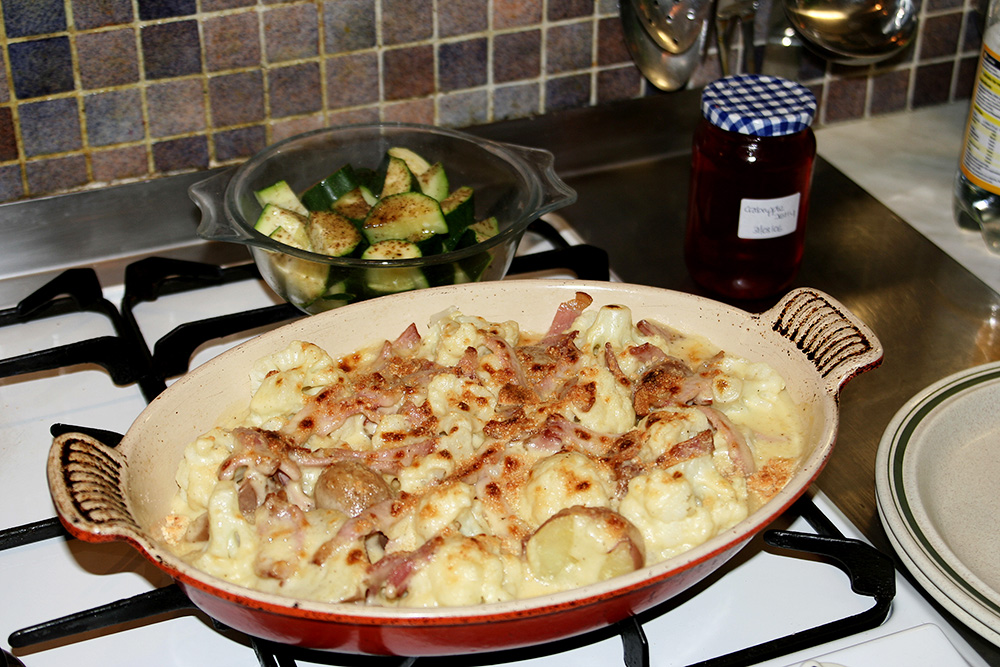
Chiffonade
To chop something into ribbon-like pieces is to chiffonade it. This term is commonly used to describe herbs or even leaf veggies like spinach and chard. Chiffonade means “little ribbons” in French.
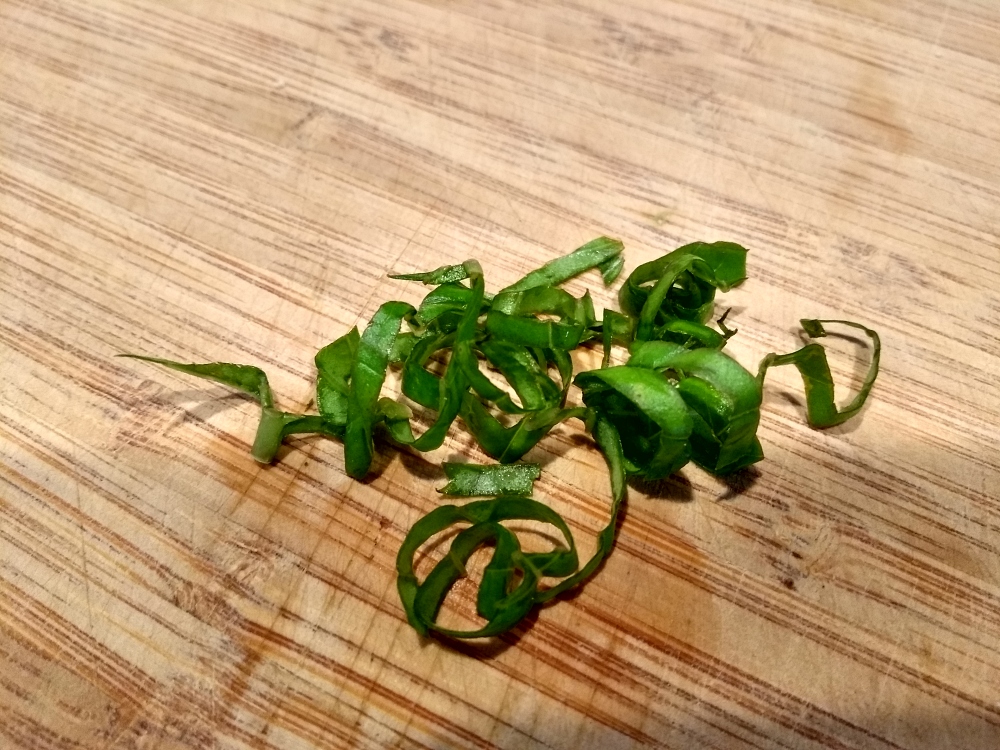
En Croute
This term describes a food that it enrobed in a crust or pastry, usually meat or cheese. Beef Wellington is an example of en croute, though it is boeuf en croute in French.
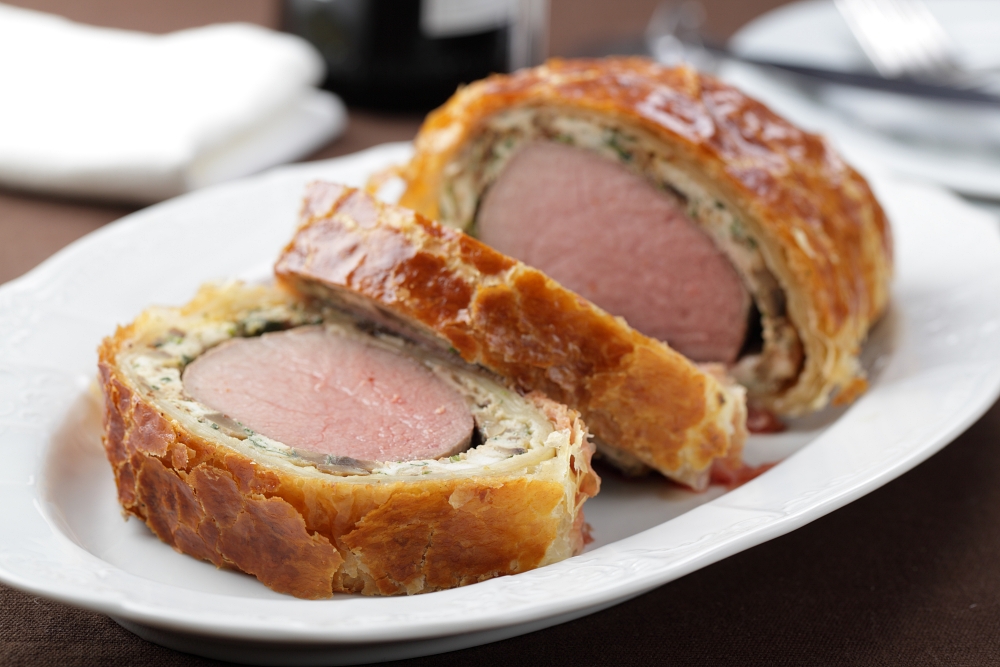
Fricassee
Unlike other soups, a fricassee is a hearty soup wherein the meat and vegetables are not seared, but are stewed together over a long period. Traditional meats for this dish are chicken or veal, though American fricassee from the South often uses rabbit and odes rely on browning for color and flavor (as well as flour to coat meat).
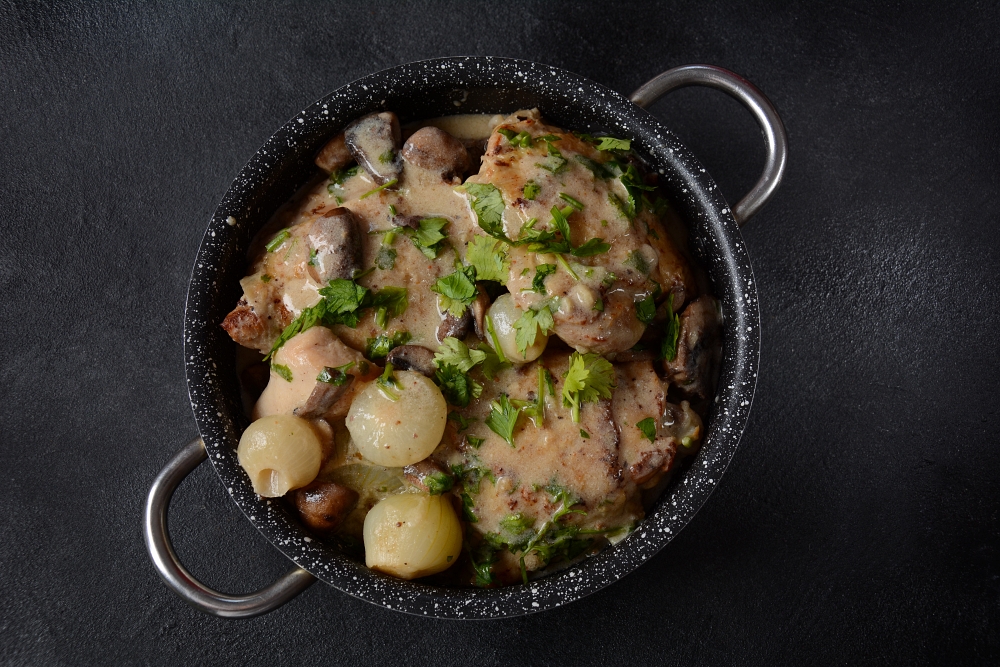
Ganache
When chocolate is melted and mixed with cream the resulting glaze is called a ganache. This is an ideal topping to cakes when a frosting isn’t suitable. It’s also used as a filling.
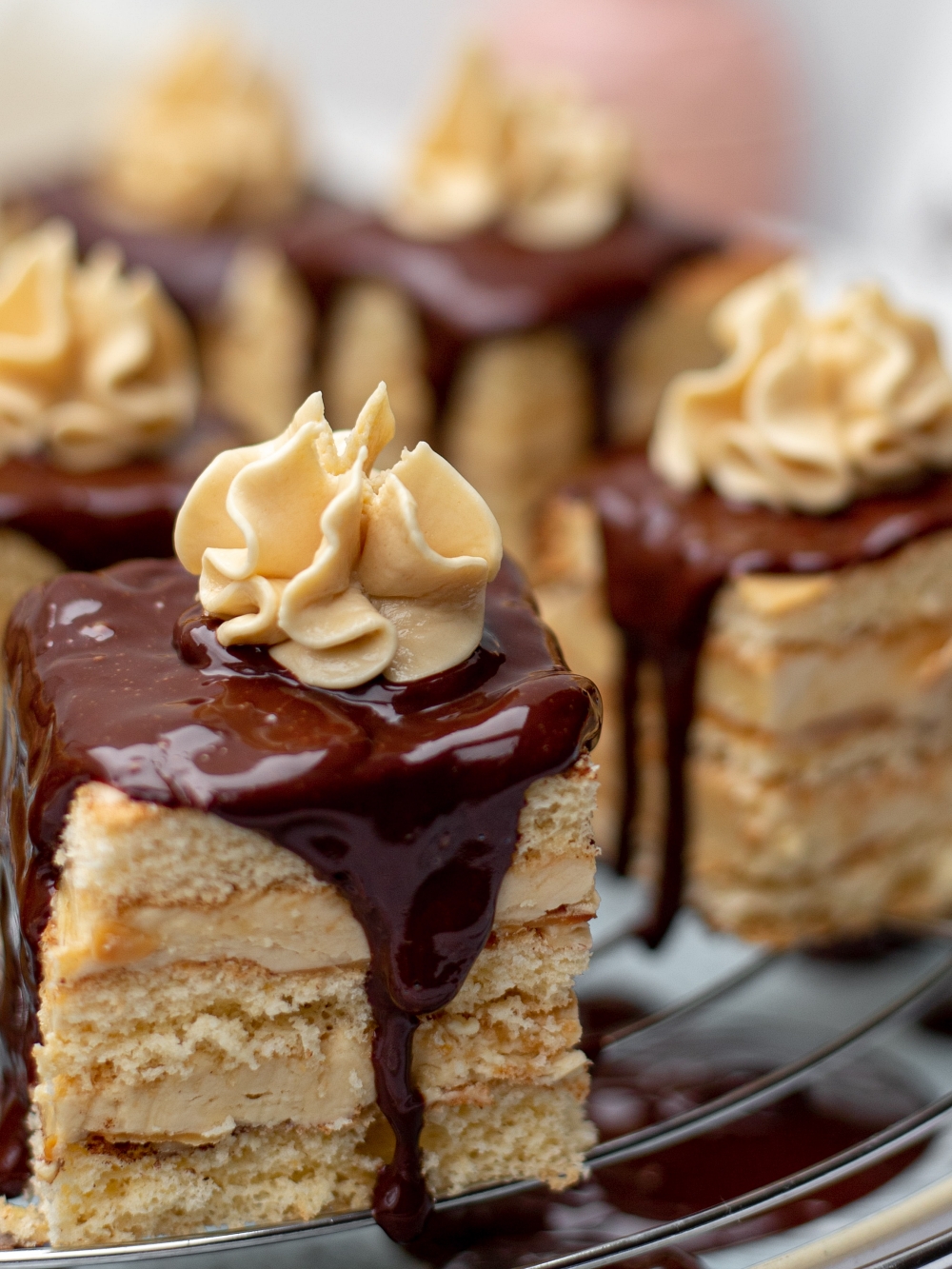
Mirepoix
To start many dishes a basic foundation is often used in French cooking: a trio of chopped carrots, celery, and onions. This is known as a mirepoix and has become popular enough now that mirepoix mixes are sold fresh and frozen at some groceries. If you start a recipe with these three ingredients sautéed in oil with some salt and pepper then you have the makings of a great soup, stew, or sauce.
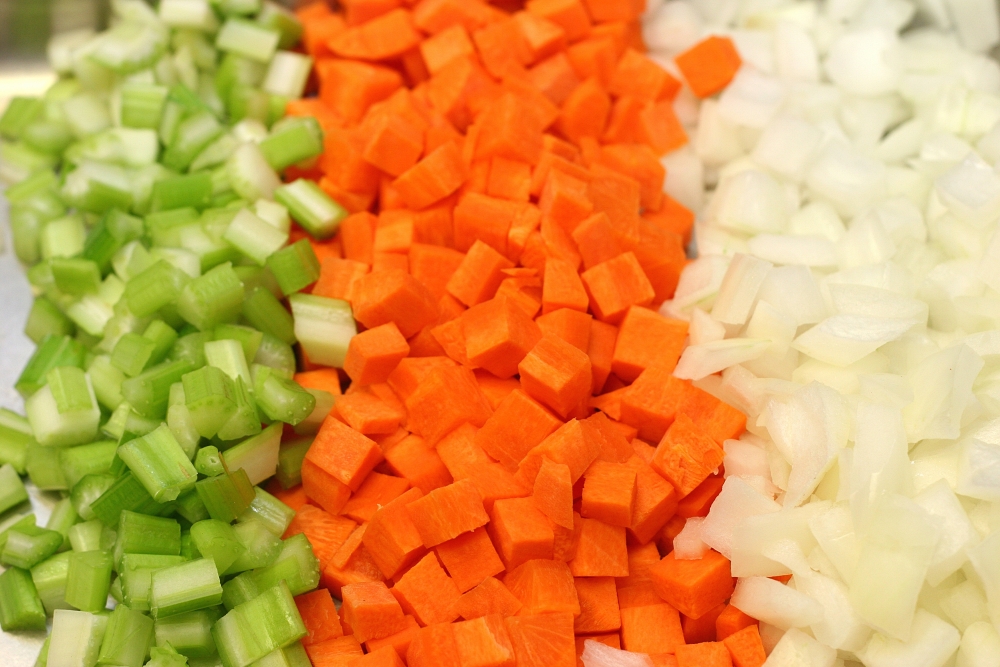
Mis en Place
Most recipes won’t ever call for this, but many people find it helpful. The concept of mis en place is that you have all the ingredients prepped and ready to go, laid out on your work surface. Doing your cooking this way means that you can concentrate on the steps and the techniques involved in the recipe rather than scrabbling to assemble the ingredients on the fly.
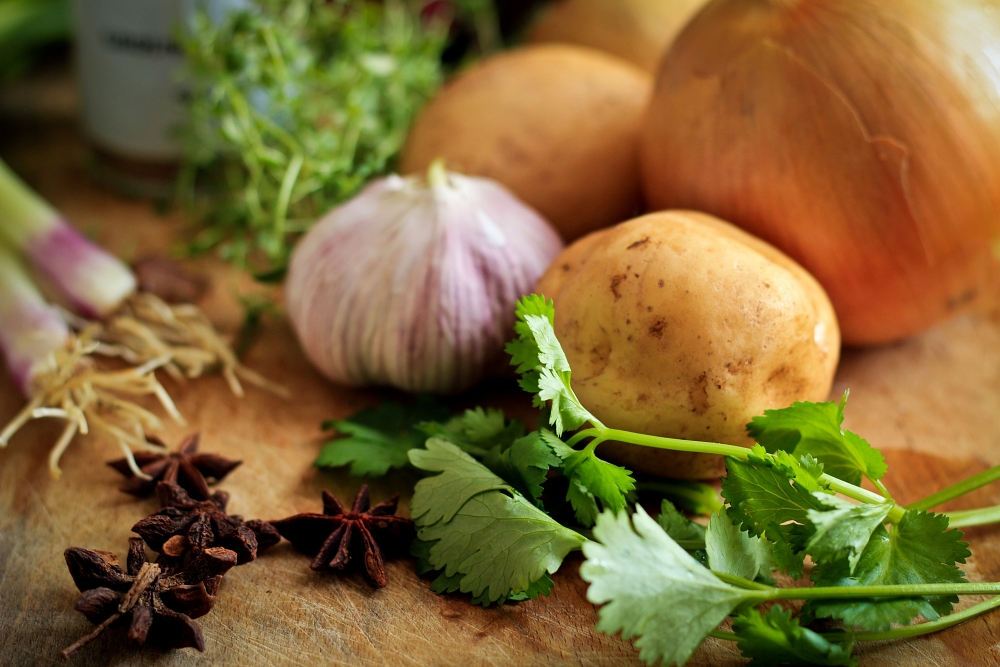
Julienne
When slicing vegetables thin slices about 2-3 inches long and about 1/8 inch thick are known as being julienned. Making all the veggie pieces that same means they cook more evenly and are uniform in size which is also good for salads. Julienned vegetables are often referred to as matchsticks.
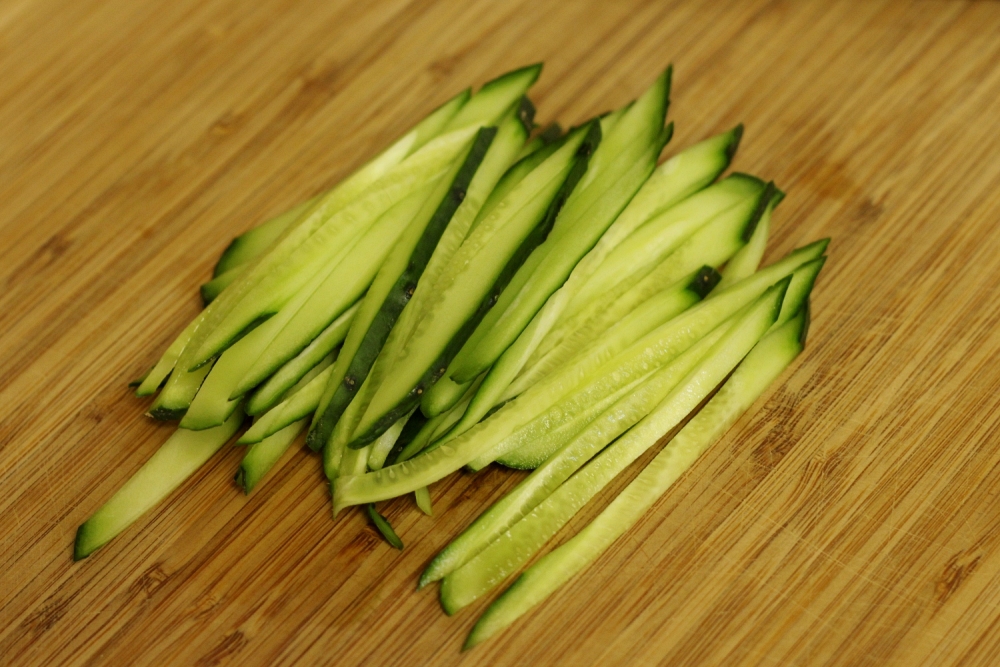
Ragout
A ragout is a substantial stew that often features both meat and vegetables and is slow cooked over a long period. In many family homes in France it is common to make a stew throwing in whatever is on hand to make a unique meal.
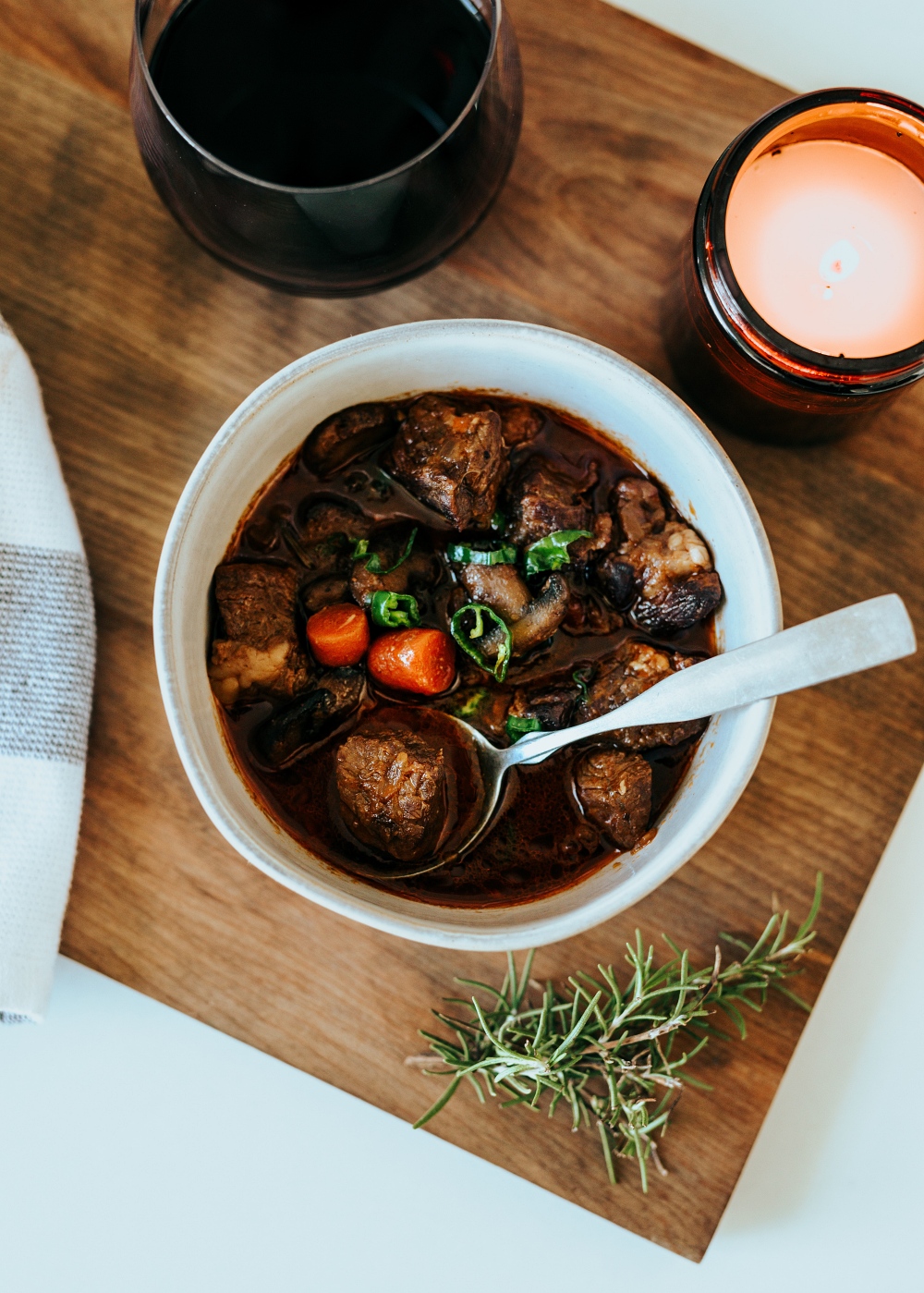
Roux
The basis for many a gravy or béchamel sauce is the roux. Made by heating butter and flour together until the flour is just cooked creates a thick sauce with a creamy texture. After the flour is just cooked (about 1 minute) then milk, cream, wine, or stock is added.
